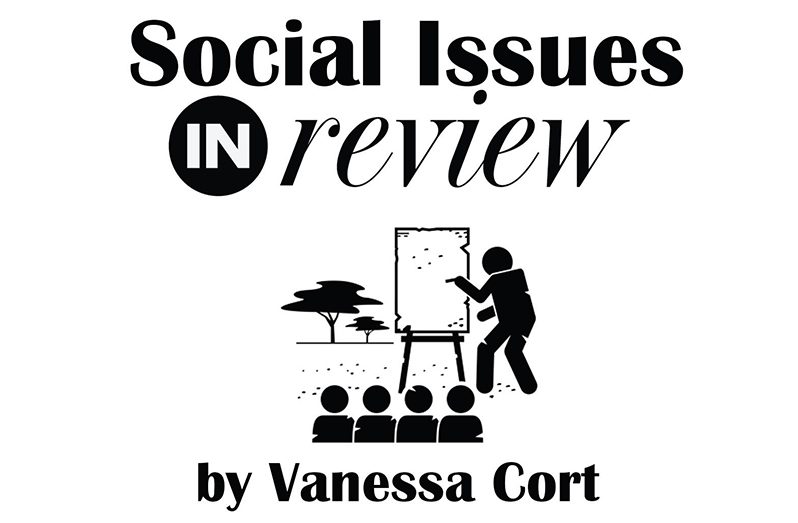THIS is the fourth time I have been moved to write about sudden death and the way it affects all of those close to the deceased. I have written about the death of my twin son, whose life ended in a car crash, a friend who died suddenly from a heart attack, a young man who died by suicide and now one who was shot down less than two weeks ago.
I attended the funeral of this young man last Friday. I did not know him well and, in fact, met him through the mother of his two children, whose grandmother and I have been close friends for over three decades.
However, when I learned of the young man’s death, I was shocked and pained. I immediately recalled the times when I met him and one occasion in particular, when we chatted easily about a range of topics – from the traffic on our roads to the state of politics and religion in ours and other societies.
He had a keen mind. Yet his death was a sudden and violent one, as I understand he was riddled with bullets, following an altercation with those who shot him. He was the only child of his mother and was just 30 years old when he died – the same age as my son, who crashed.
I am always moved when I hear of the death of any young person, but I am particularly concerned about those who die violently. These deaths devastate families in especially profound and lasting ways. There is shock, disbelief and emotional and psychological trauma not easily overcome.
Angela Driscoll, a supervisor and mentor to a programme for the families of murder victims, said in an article, “…it is a heinous crime that casts a long shadow on the victim’s family and friends and changes people’s lives forever.”
I saw some of this first-hand as I witnessed the unrestrained grief of the young man’s mother and also the reaction of my friend’s granddaughter, who has barely eaten since his death and cries constantly.
His wake was held at several venues, and friends turned out in their numbers to pay their respects. Shock was still mirrored on many faces and could be heard in the voices of those discussing their friend’s death. Family members, while putting on a ‘brave face’, seemed to be moving in a trance, going through necessary arrangements but still processing the tragedy that had confronted them.
We have yet to see the effect of their father’s death on the two young children – a five-year-old boy and a two-year-old girl – he leaves behind. I shuddered inside when his young son insisted on writing something of his own alongside the inscription on the wet cement closing off his father’s tomb. When he stood back, I saw the word ‘dad’ and the simple drawing of his father’s face. Many, like me, were touched and moved to tears.
The Marie Curie group in the UK says, “Children react to grief in their own ways…It can take time for them to process what’s happened and share their feelings. Every child’s reaction is unique and the support they need will be different too.”
I would imagine this is particularly true for younger children, who will likely need special care and attention. However, relatively little is known about the full impact of a parent’s violent death on young children and so, it is left up to the remaining parent and the family circle to do all they can to cushion what is often long-lasting grief.
Studies nonetheless show that we are all affected by violent death, not just family and friends but the entire community. And we are reminded by GriefLink, a group dealing with violent-death trauma, that “The sudden and violent nature of murder can lead to particularly intense grief for those directly and indirectly affected by the loss,” and can also “evoke strong feelings of anger and a desire for justice.”
The ‘ripple effect’ is considerable as the experience can also affect personal relationships, social life, work, emotional and psychological health, the way we view the world and even the way we view ourselves.
Let us contemplate this simple, yet profoundly obvious statement by the 15th-century priest and professor, Martin Luther, who said, “Nothing good ever comes of violence”. And these are the more recent words of his namesake, Civil Rights activist and pastor, Dr Martin Luther King, who spoke on the broader impact of violence, saying, ” Through violence you may murder the hater but you do not murder the hate.”
DISCLAIMER: The views and opinions expressed in this column are solely those of the author and do not necessarily reflect the official policy or position of the Guyana National Newspapers Limited.
Violent death affects us all
SHARE THIS ARTICLE :
Facebook
Twitter
WhatsApp



.jpg)








